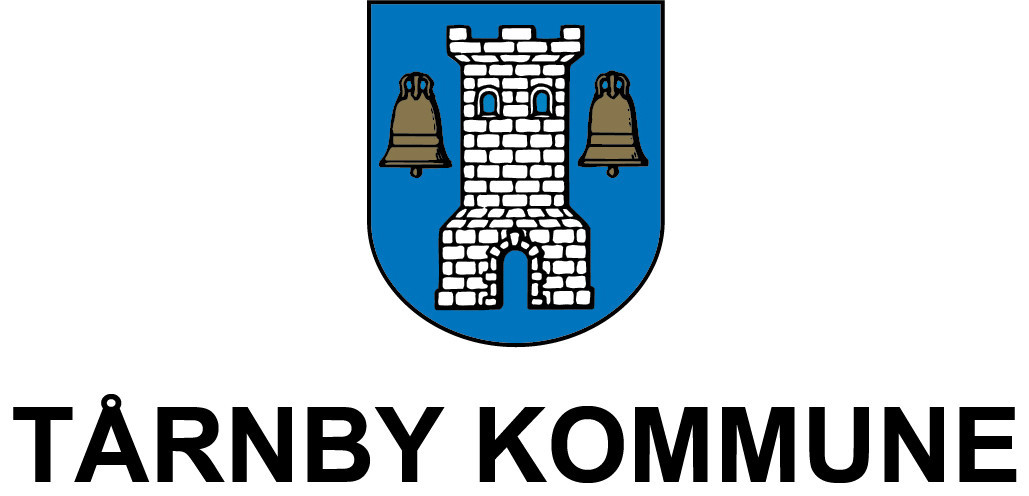Tax for cultural workers
If you are working as a performing artist or cultural worker in the Öresund region, it is important that you familiarise yourself with the special rules and challenges that exist regarding tax. If you have any questions about what applies in your case, you are welcome to contact the Swedish Tax Agency at Øresunddirekt’s Information Centre for further information.
| This information is for EU-citizens only |
As a performing artist or cultural worker, you are in a special tax situation. If you work as a performing artist, you will ususally need to pay tax in both the country where you work and the country where you live. There is never any question of double taxation. You request tax credit for the foreign tax in the income tax return in your country of residence.
Put rather simply, tax credit means that tax you paid in your country of employment is deducted from the tax you pay in your country of residence. Tax credit is allowed up to a maximum amount equal to your home country´s tax on the income you have obtained as an artiste/sportsperson in the other country.
If the tax in the country of residence is higher than in the country of employment, you are taxed on the difference in the country of residence. If you commute from your country of residence to a job in another country, you usually have limited tax liability in the country of employment. This means that only your income from work is taxed in that country, other income is taxed in the country of residence.
If you live in Sweden and have a job or a shorter assignment in Denmark, it is important to understand that the following factors may have an impact on your tax situation:

If you are a freelance cultural worker in Denmark, you can have the compensation paid in the form of a “honorar”. This is treated as B-income and is not taxed in Denmark if you are resident in Sweden. You must, however, declare the income in your Swedish tax return. If you have a job as a performing artist with a private Danish employer, your employer deducts provisional tax and you declare the income in a Danish income tax return. You also declare your income in your Swedish income tax return. You request a tax credit for the Danish tax, and if the Swedish tax is higher, you must pay the difference in Sweden.
If you are instead employed and work with something other than as a performing artist, for example if you are giving lessons, working as a choreographer or a director, your income is taxed only in Denmark. The income is then exempt from tax in Sweden, although you must state that you have received the income under “Other information” in your Swedish income tax return.

If you are resident in Sweden and are employed by a public sector employer in Denmark, you will normally only pay tax in Denmark.
If you perform any part of the work in Sweden, that part of your income should instead be taxed in Sweden.
Please note that even if your employer is considered a public institution in Denmark, remuneration for work as a performing artist will be taxed in both countries. This is the case if the institution´s activities are wholly or partly financed through ticket sales.
Sometimes it can be difficult to know whether or not the employer is considered to be in the public or private sector. If there is any doubt, contact the national tax agencies or the Øresunddirekt information center.

If you are a sole trader and resident in Sweden, and invoice or receive fees for work in Denmark, you must continue to report your results and pay income tax as a sole trader and also pay social security contributions (personal contributions) if you have been deemed to belong to the Swedish social security system.
You do this by submitting a preliminary tax return to the Swedish Tax Agency.
Based on the information you provide, the Swedish Tax Agency calculates a preliminary tax payment of the same amount every month. When it is time to submit your tax return, you attach a special attachment for your income as a sole trader. The preliminary tax that you have paid will then hopefully match the profit you report. If you have paid too little tax you must make a payment, and if you have paid too much tax you will receive a refund from the Swedish Tax Agency.

Your income can be taxed in Sweden, Denmark or both countries.
But keep in mind that you can only belong to one country´s work-based social security at a time. If you are covered by Swedish social security while you are working in Denmark, your Danish employer must pay employers´contributions in Sweden.
An option may be for you and the Danish employer to enter a so-called social security agreement. More information is available on the Skatteverket website.
Read more about the social security agreement on skatteverket.se
If you have more question about what to do in your specific situation, please contact Skatteverket at the Øresunddirekt Information Centre for more information.
Did you find this information relevant?
Do you want to elaborate?
New brochure - Work as a cultural worker in Denmark
In our new brochure, we have collected information relevant to cultural workers who often travel to several countries for different short assignments. If you travel often on assignments between Sweden and Denmark, it is not always clear in what country you are supposed to pay taxes, have social insurance or a-kassa, or where you earn your pension.
Opera singer Klara Ek has the entire Öresund region as her workplace
Klara Ek is a freelance opera singer, living in Copenhagen and with experience of working both in Sweden and Denmark.












